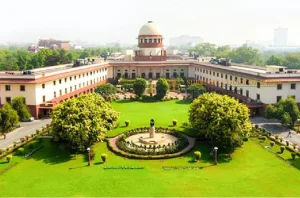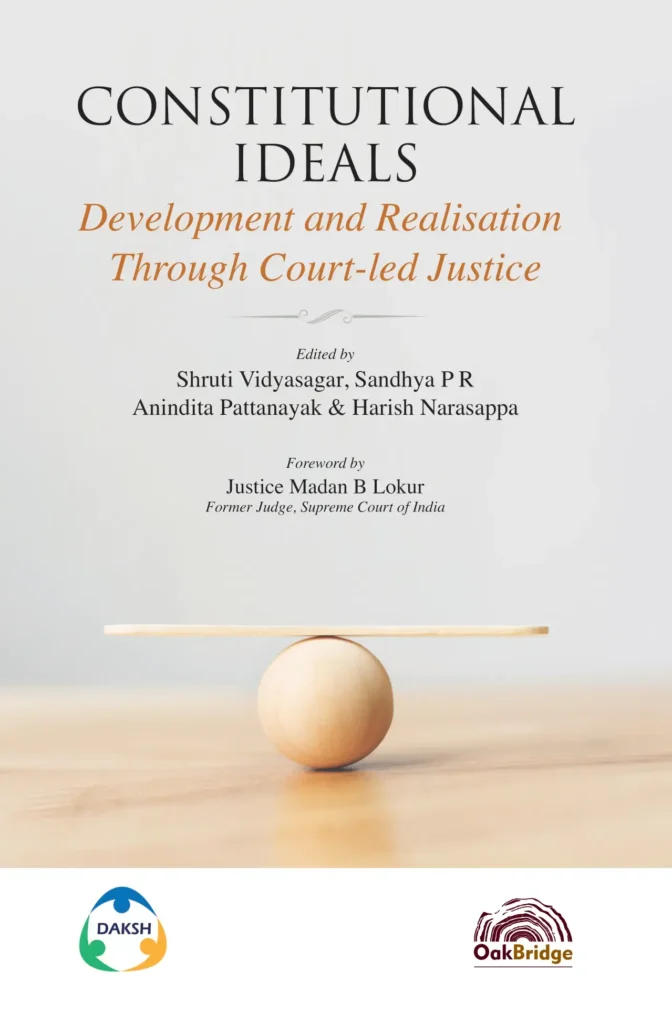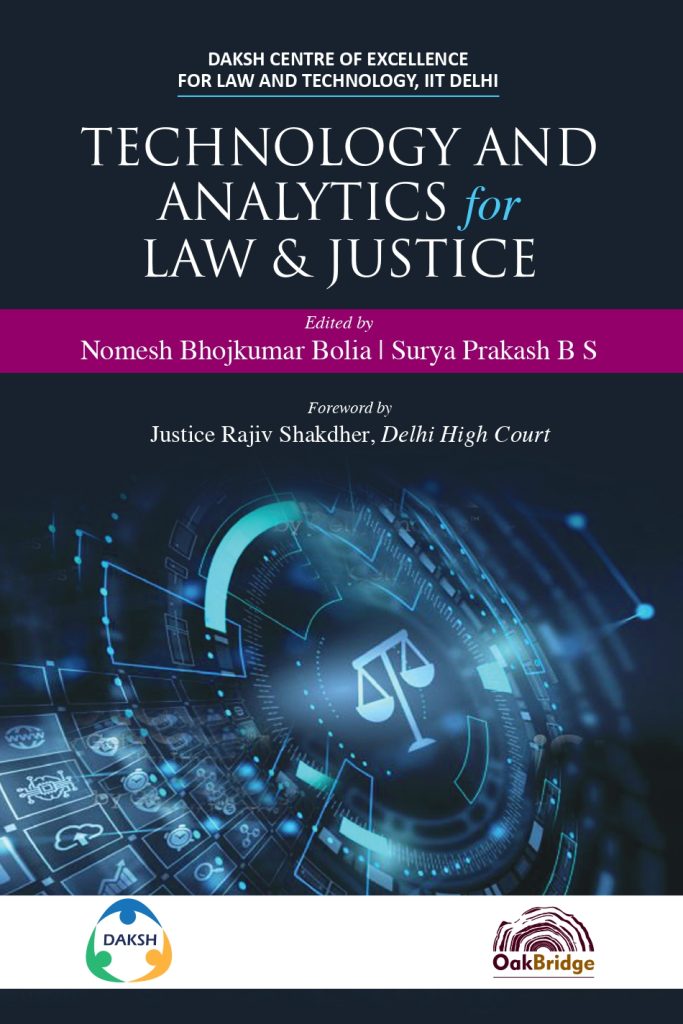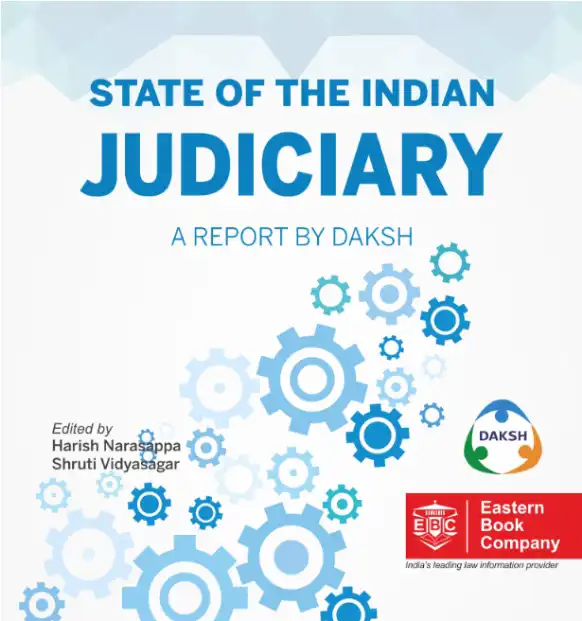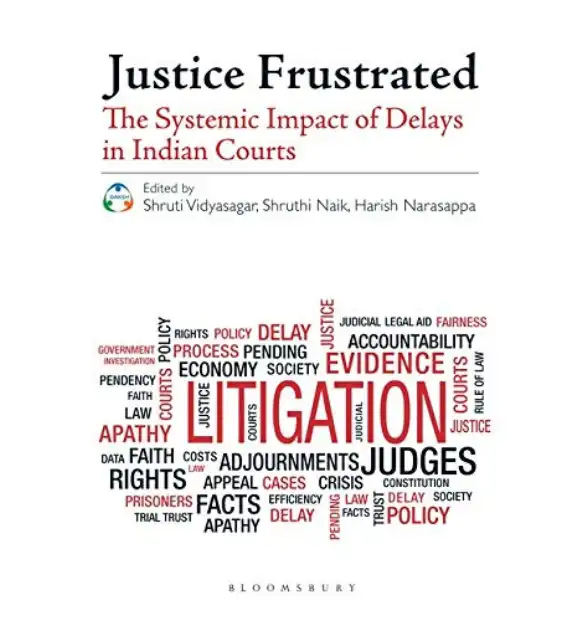

Books by DAKSH
- /
- Our Work /
- Books by DAKSH
We delve into fundamental principles such as dignity and equality, the balance between individual rights and group identities, the importance of procedural rigour in achieving substantive justice, and much more.
This volume is divided into four different themes that –
- Explore the manner in which individuals engage with the Constitution to demand citizen-centric justice,
- Examine the navigation of group identities (such as religion and caste) in constitutional litigation,
- Focus on the significance of procedural rigour in ensuring substantive justice, including in the context of insolvency, preventive detention, and public consultations before executive decisions, and
- Capture constitutional values in flux.
This book delivers a comprehensive analysis of the ways in which technology is revolutionising India’s legal and judicial system.
The Access section explores the digital divide and new tools for improving access to justice.
The Assistance section covers the impact of technology on legislatures, land administration, taxation, and forensic science and discusses the impact of smart contracts and other technologies.
In the Analytics section, the focus is on data and AI, including an analysis of the MCA21 portal, challenges in AI-driven solutions, and the role of AI in law enforcement and legal data mining. It also examines how predictive analytics can enhance justice delivery and resource planning.
The Institutionalisation section looks at the financing and governance of justice technology, the disruptive role of startups, and the capacity needs of tribunals, ending with a forward-looking analysis of the future of the Indian justice system.
Overall, the book offers valuable insights into the evolving role of technology in the Indian legal landscape.
The state of the Indian Judiciary throws new light on the role and performance of the judicial system. With contributions by the authors from diverse backgrounds, this Report by DAKSH brings to the fore crucial concerns facing the Indian judiciary today- accountability, administration, and access. In exploring, quantitatively and qualitatively, key questions surrounding these concerns, the Report lays bare the very culture of the judicial process.
The report describes the results of the first-of-its-kind Access to Justice Survey, conducted by DAKSH to record litigants’ perceptions of the judicial system, which are mapped with our socio-economic profiles and experiences within the system. While on section of the report probes the current state of judicial administration, another presents insightful accounts of participants within the court system.
Through out the narrative, the Report’s focus is on judiciary’s biggest challenge- pendency. Using incisive, data-driven analysis, it reviews the day-to-day functioning of the judiciary and examines the critical factors that determine the life cycle of cases. In doing so, it creates a strong starting point from where viable solutions for the problem of judicial delay may be envisioned.
In Approaches to Justice in India, DAKSH broadens the scope of its enquiry under the Rule of Law Project—from the state of the Indian judiciary to the circumstances of justice delivery in India. While the Report continues to employ data-driven methods to evaluate the working of the courts, it looks past the customary synonymity between courts and the justice system, to reflect also on the involvement of non-judicial institutions in justice delivery.
What happens when justice is delayed? It is denied, certainly. That answer, while a truism, is also incomplete, for it does not describe the depth, intensity, and complexity of the impact of delay in Indian courts.
Several questions may be considered in this context:
How does an undertrial prisoner bring up her child in prison?
How does delay in disposal of a claim affect a company’s business?
Who suffers when land acquisition is mired in litigation-landowner or the public?
Does involvement in prolonged litigation detract from a government’s primary purpose?
Will appointing more judges solve the problem of delay and rising pendency?
Are amendments to law and policy working to mitigate delays?
To answer these and other questions, this volume of essays-to which lawyers, economists, sociologists, researchers, and a High Court judge have contributed-goes beyond understanding the price of delay in terms of lost time and money. Instead, it examines the effects of delay at multiple levels-individual, institutional, societal, and systemic-through critical data analyses. It also presents innovative use of cross-disciplinary methods to understand what causes delay, how its impact can be measured, and how its effects can be anticipated and avoided.
Targeted systemic interventions are crucial to minimise the adverse impact of delays, so that justice is neither delayed nor frustrated, or, indeed, reduced to mere illusion!
News and Events
https://www.dakshindia.org/building-a-single-source-for-laws-in-india/
https://www.dakshindia.org/examining-the-use-of-video-conferencing-in-indian-courts/
https://www.youtube.com/watch?v=u0gmy358xLQ
https://www.dakshindia.org/the-judiciary-should-be-more-technology-oriented-in-this-time-and-age/
https://www.youtube.com/watch?v=-er__V77yNA&t=1s
RECENT UPDATE

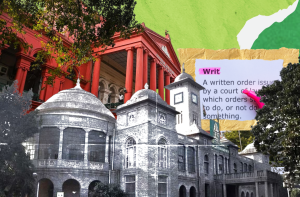
Understanding Writ Litigation against BBMP : An analysis of 2024 Judgements

